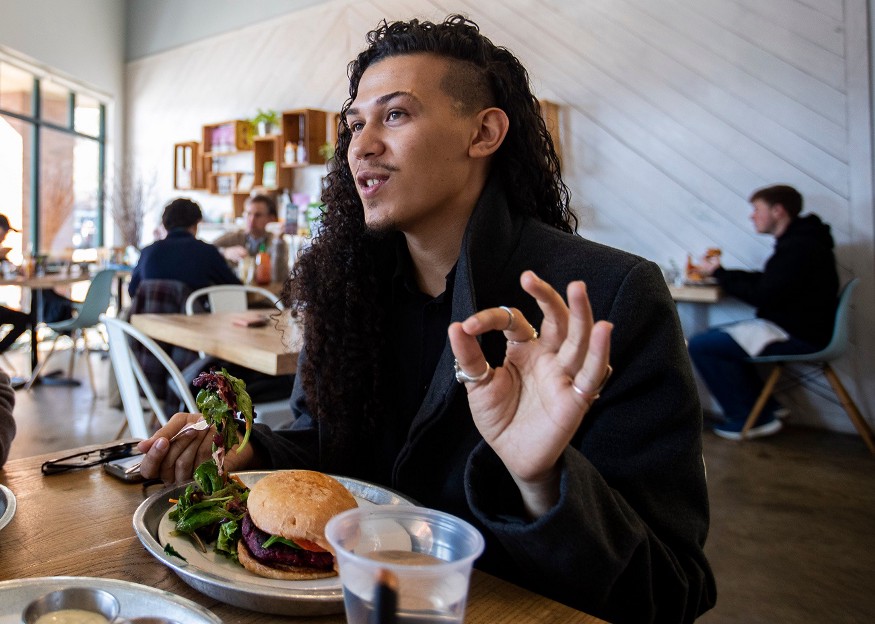Medium published my new article “Influencers and Generation Z”
It used to be authors, thinkers, philosophers, and highly educated people who inspired us. Now, vloggers, reality show stars, sparsely dressed Instagram models, and YouTube celebs are people’s role models. We rarely read anymore. People become influencers according to the number of subscribers and followers they have on social media, and they don’t garner them with words, but with pictures that are usually provocative, evocative, and exude an air of entitlement.
We should look at the role models of today’s young not with disapproval, but with alarm that we have let them come to such emptiness, that we have not given them goals that would make them truly happy. We should look at them and change ourselves, so they will change as well.
Yet, for all the shallowness of Generation Z, it is not necessarily bad that people have stopped reading because there is a good reason for it: They are far less naïve than we were. They don’t believe in people’s good will; they want clear-cut answers, and they are very sober about the life ahead of them. They are disillusioned, and this is good. They will take what helps them and reject what doesn’t, and it is up to us, who built the world they now live in, to provide them with helpful answers and solutions.
Young people today have little respect for academic titles, politicians, or powerful and super wealthy individuals. For the most part, they have no aspiration to be like any of them. They want to have fun today and they don’t believe that titles or social status make one happy. They are right, and they are clever.
However, they are also depressed because they see no future. If all there is to look for is some fun today, then why not get high on something and forget about tomorrow? But when they come down, they come down to hopelessness.
Although they suffer, this pain produces questions, real and deep questions about the meaning of life. Perhaps the best testimony of the intensity of this question is the increase in suicidal tendencies among young people. According to an essay published in Business Insider, “Suicide is Gen Z’s second-leading cause of death, and it’s a worse epidemic than anything millennials faced at that age.”
It is our job, the millennials and Gen Xs, to provide them with answers. We are the ones who must introduce to them the benefits of human connection, the confidence and security that we can find only among people that we trust. We are the ones who must show them, through our own example, that it’s more rewarding to raise our eyes from the cell phone screen and look at each other.
We, their parents, must demonstrate how communicating and conversing about social unity creates a strong and solid community where socializing is fun. We are the ones who must realize that the tensions we are feeling today, the hatred between rivaling camps, and the anger we are venting freely do not contribute anything positive to us or to our children. On the contrary, they are destroying our society, and without a strong society, we and our children have no future, not even on the physical level.
So we should look at the role models of today’s young not with disapproval, but with alarm that we have let them come to such emptiness, that we have not given them goals that would make them truly happy. We should look at them and change ourselves, so they will change as well.
We should teach them that a person who disagrees with me is not my enemy, but an inseparable part of the fabric of society, and that only disagreements help me understand my own ideas and feelings. We should lead by example, and show that only when we embrace the different and cherish our diversity do we build a united society that is a thrill to live in and a solid basis for the future.


No comments:
Post a Comment